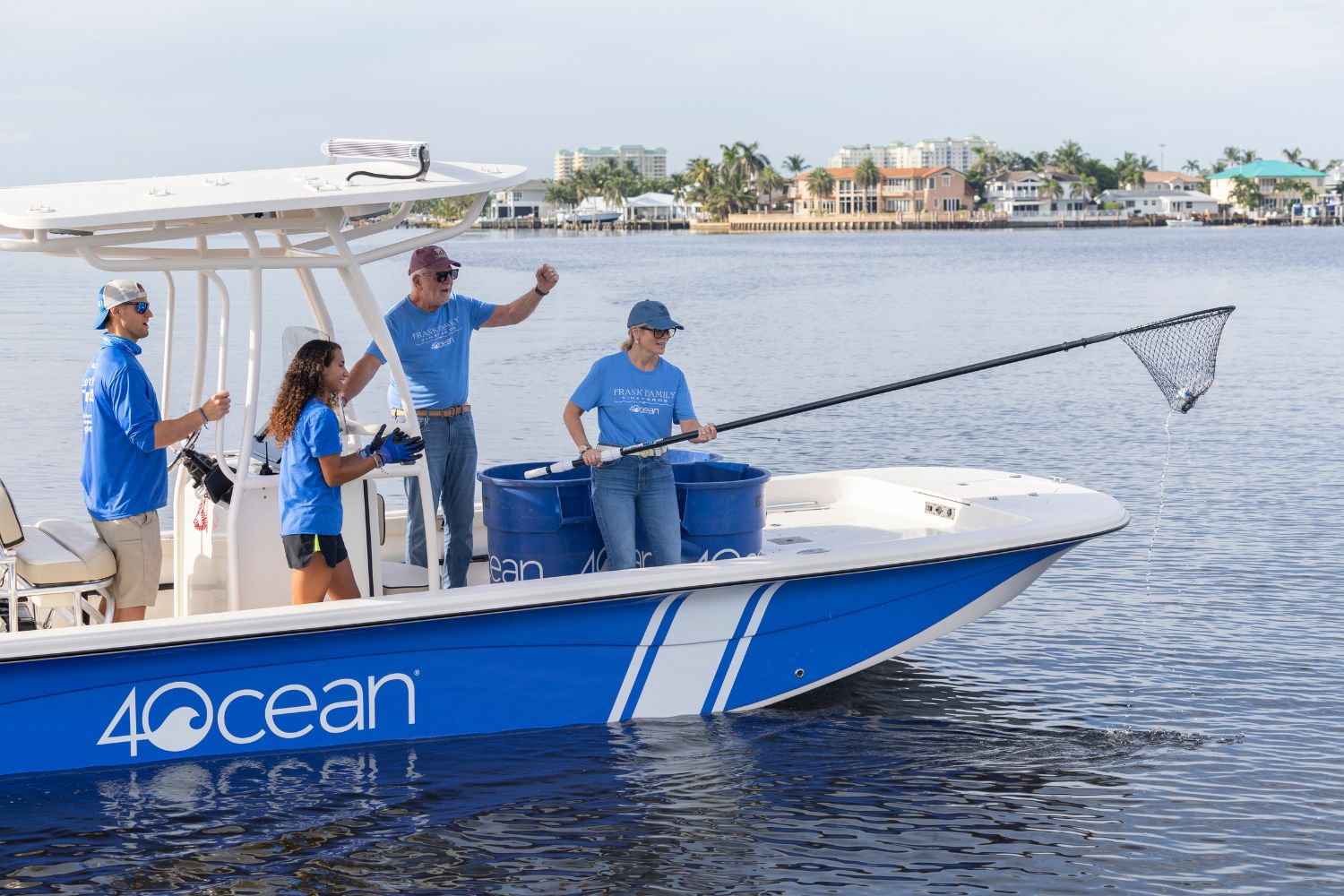As a 4ocean certified cleanup partner, Frank Family Vineyards is not only helping to fund high impact cleanups around the world, but we are also taking action at home. From coastal beaches to inland waterways, Frank Family is on a mission to bring our fans together in local communities nationwide to make a wave of change.
We are working closely with 4ocean’s cleanup experts and local partners to identify areas where we can make the most impact and reduce what is sent to landfills as much as possible. Our first of many cleanups took place in honor of International Coastal Cleanup Day in Boca Raton, Florida. Founders Rich and Leslie Frank, along with members of our Frank Family team, spent two days with the 4ocean crew as we cleaned a few hundred pounds of trash from Boynton Beach and Spanish River Park to prevent debris and microplastics from entering the water and harming nearby marine life, like the endangered sea turtle.

Nationwide Frank Family cleanup events will be added frequently on our website or host your own cleanup using the below guidelines from 4ocean.
How to Host Your Own Cleanup
- Location: pinpoint beaches or bodies of water that could be cleaned and that are safe and reachable for all volunteers. Contact the local parks department that oversees the cleanup location you choose to make sure you have the necessary permission to hold a cleanup there. Create a plan to properly dispose the trash and recyclables you collect.
- Supplies: determine what supplies will be needed such as work gloves for volunteers, adequate water container/cooler to keep volunteers hydrated (or remind volunteers to bring their own filled reusable water bottles), sunscreen and bug spray, trash bags, avoiding the use of plastic bags (or request volunteers to bring reusable containers, like buckets), hand sanitizer or wipes, luggage scale (a scale with a hook), to weigh the trash you collect.
- Safety: review what to do in case of a health emergency (such as heat exhaustion or heat stroke, broken bone, etc.) and plan ahead for handling sharp items such as syringes or pieces of broken glass.
- Collected Trash: be sure to have a reputable recycling facility that will accept your collected recyclables. Also, be sure to have a non-recyclable plan with a local waste management facility, i.e. a landfill. Make sure to label bins with explanations of what items can go where. Label the bins for “recycling” and “trash.”














